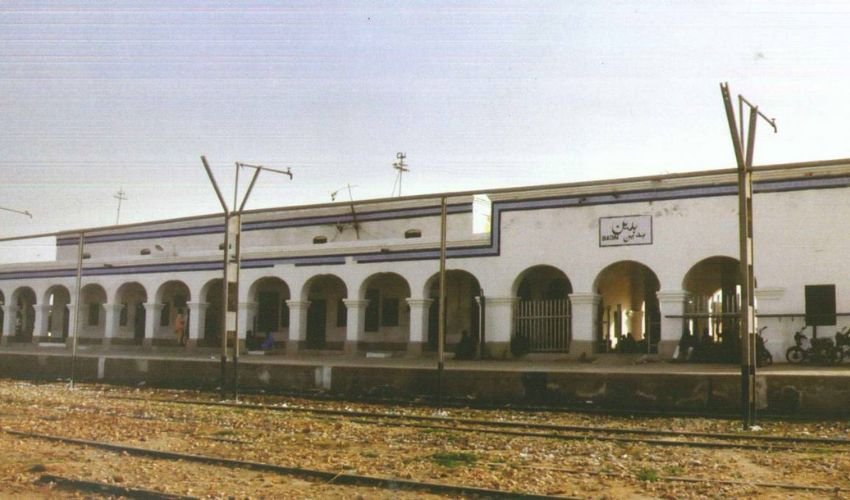Ayaz Jokhio
A heartbreaking and deeply unsettling incident unfolded in Badin on Friday morning, as the body of young political and social activist Ayaz Jokhio was discovered at the shrine of Shaheed Fazil Rahu in Rahuki.
The tragic event is being investigated as an alleged suicide, sending shockwaves through the local community and igniting protests demanding justice and accountability.
Soon after the recovery of his body, Ayaz Jokhio’s grieving family transported it to DC Chowk in Badin, where they launched a protest and sit-in. The emotionally charged demonstration saw participation from women, children, and fellow activists, all rallying together with a united call for justice.
The protesters are demanding that a First Information Report (FIR) be registered against individuals named by Ayaz before his death.
What has made the incident even more alarming is a video statement Ayaz Jokhio recorded and posted to his Facebook account shortly before his passing. The video, which has since gone viral on social media, contains serious allegations against former provincial minister Ismail Rahu.
In the emotional recording, Ayaz accused the political figure of orchestrating a prolonged campaign of victimization against him and his family, blaming him directly for their suffering.
The tragedy bears a chilling resemblance to an earlier incident involving Ayaz’s father, Comrade Ali Ahmed Jokhio, who also reportedly died by suicide at the same shrine just a few months ago.
In his final message, Ayaz alleged that the same individual—Ismail Rahu—was responsible for both his and his father’s deaths, calling into question the circumstances surrounding the previous case and demanding a renewed and impartial investigation.
As the protest at DC Chowk intensifies, calls for justice are growing louder. Mourners and activists alike are demanding that authorities launch a transparent and thorough investigation, register the FIR, and hold all those named in Ayaz’s final statement accountable.
The case has sparked a broader conversation about political intimidation, mental health, and the urgent need for justice in Sindh’s rural communities.


